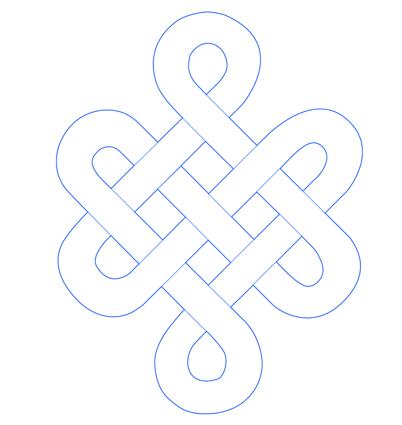Matter, Essence, Anti-Essence: Svabhāva vs Nisvabhāva
Abstract
Although much work has been carried out on ‘Materialism’ as a philosophical tradition and movement in Western thought and history, there is hardly any such similar effort made in the Indian context, except for a few so-called Marxist thinkers and some anti-caste writers. The influence of ‘materialism’ as a philosophy on Indian thought and subsequent socio-religious movements in India have been enormous. Despite the claims made by Western Indologists, writers of texts on Indian philosophy characterizing Indian thought as essentially ‘spiritual’ ‘religious’, ‘idealistic’; philosophy as originating from the Śramaṇas is irreligious, rooted in materialism and naturalistic. In this paper, I attempt to revisit the materialistic traditions of Indian thought with a special focus on Buddhist materialism. The notion of svabhāva also translated as “own-nature”, “self-nature”, “essence” is central to both Brahmanical and Buddhist thought, it is that which also distinguishes one from the other at a fundamental metaphysical level. The Buddhist ontology, epistemology and ethics center around disproving the existence of a svabhāva or fixed nature of things, entities, persons and phenomena through their anti-essentialist (nisvabhāva) position closely connected to the doctrine of no-self (anātma). The purpose here is to locate this concept within the larger context of Buddhist materialism and to bring out the differences with the other essentialist traditions.






